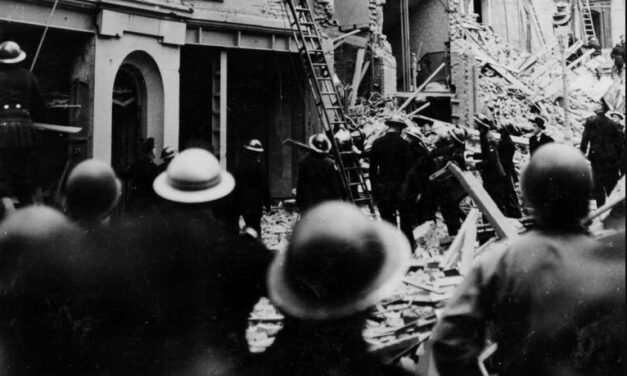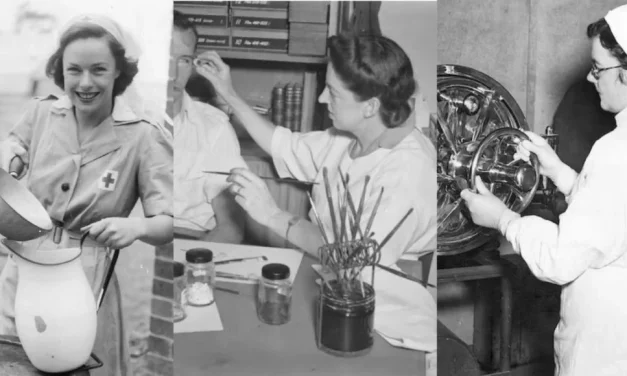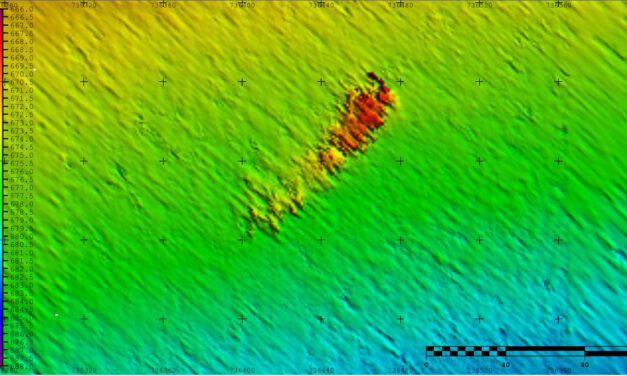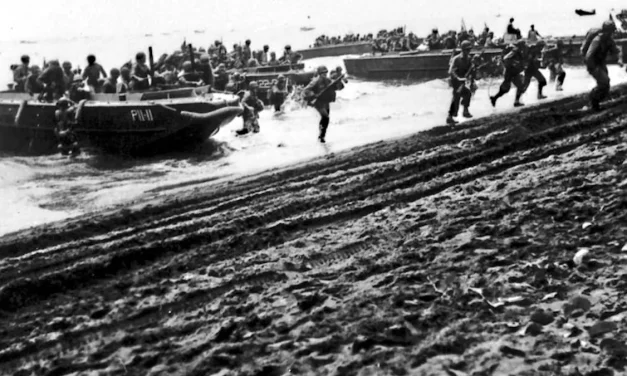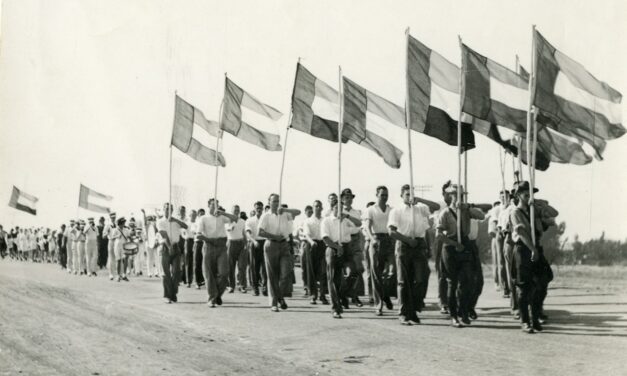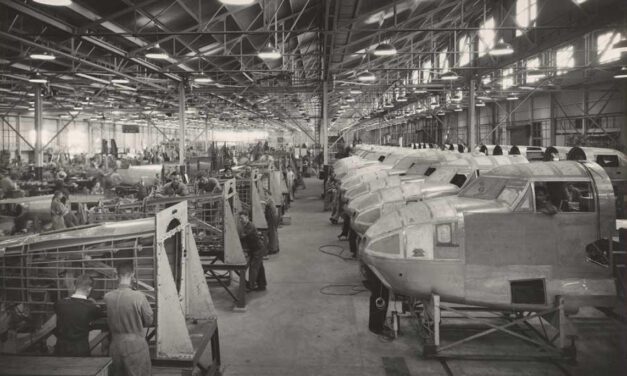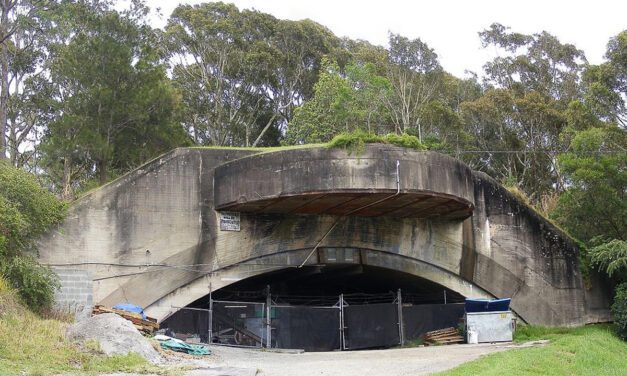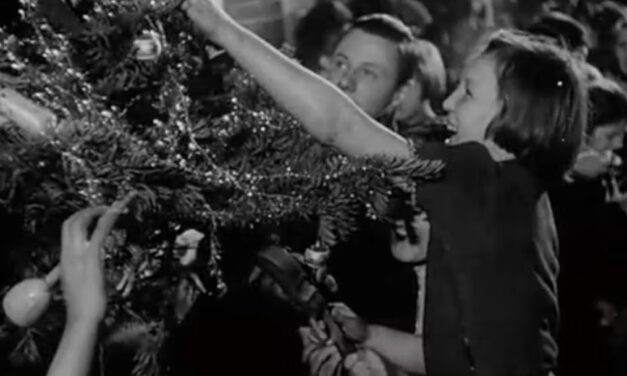For outstanding bravery: Civilian honours in the Second World War
Reading time: 7 minutes
The story of civilian honours starts in September 1940, when two new awards, the George Cross and the George Medal, were instituted to recognise the outstanding contribution made by civilians during the Battle of Britain and the Blitz. These awards were primarily aimed at those involved in civil defence, such as Air Raid Precautions officers, rescue party workers, fire fighters and casualty and medical service workers. But they also recognised vital work carried out by the police service, gas workers, electricians, train drivers and dockyard workers to keep Britain going in what Winston Churchill described as ‘The Darkest Hour’.

